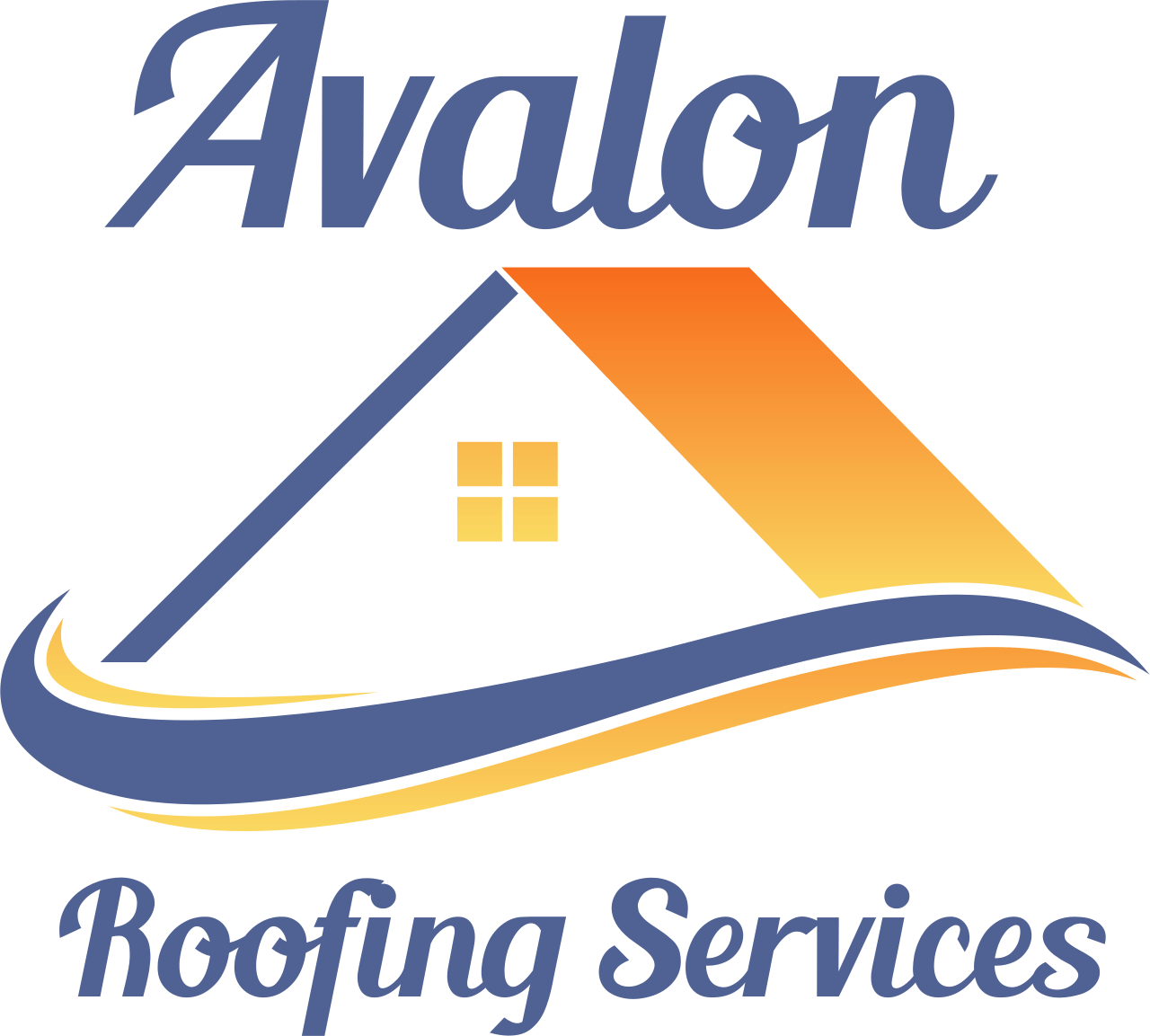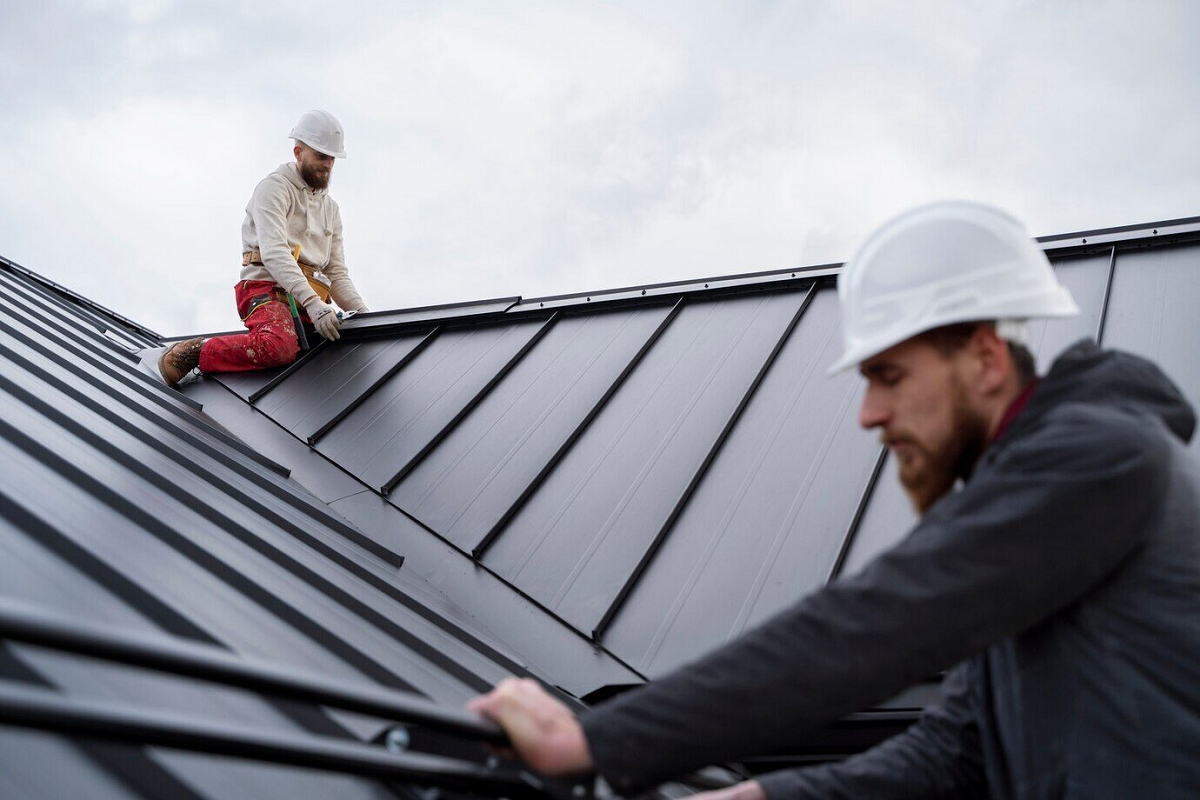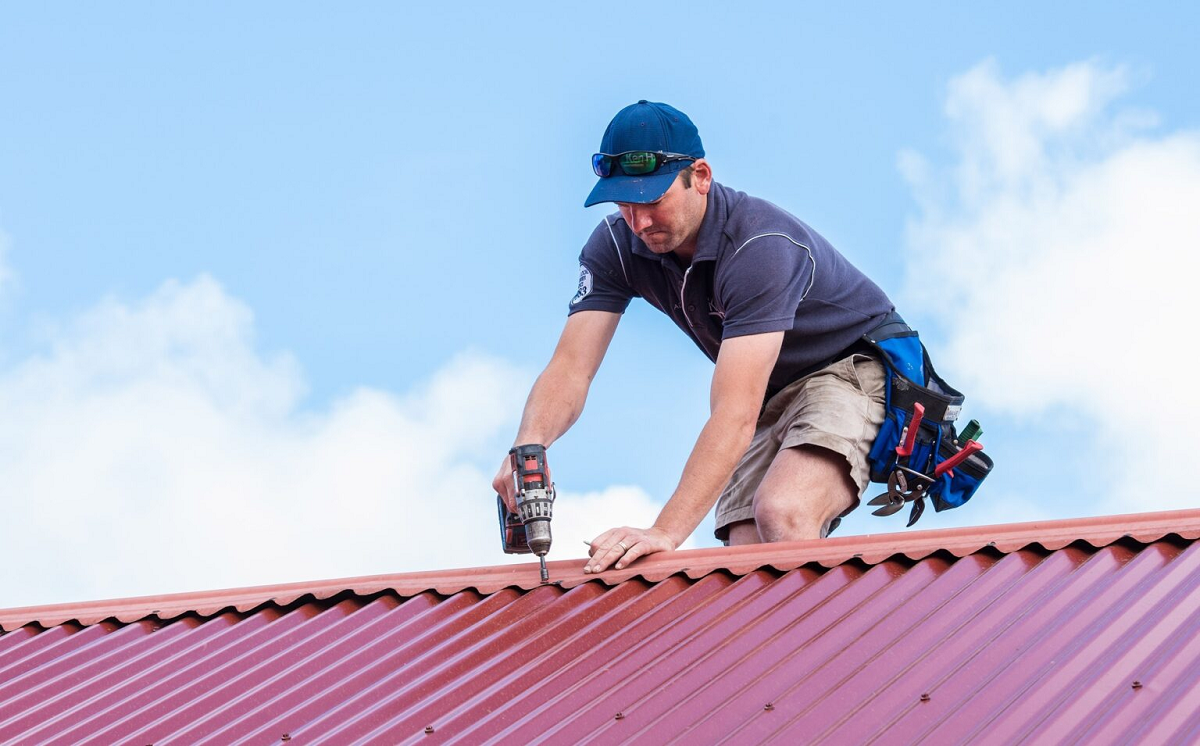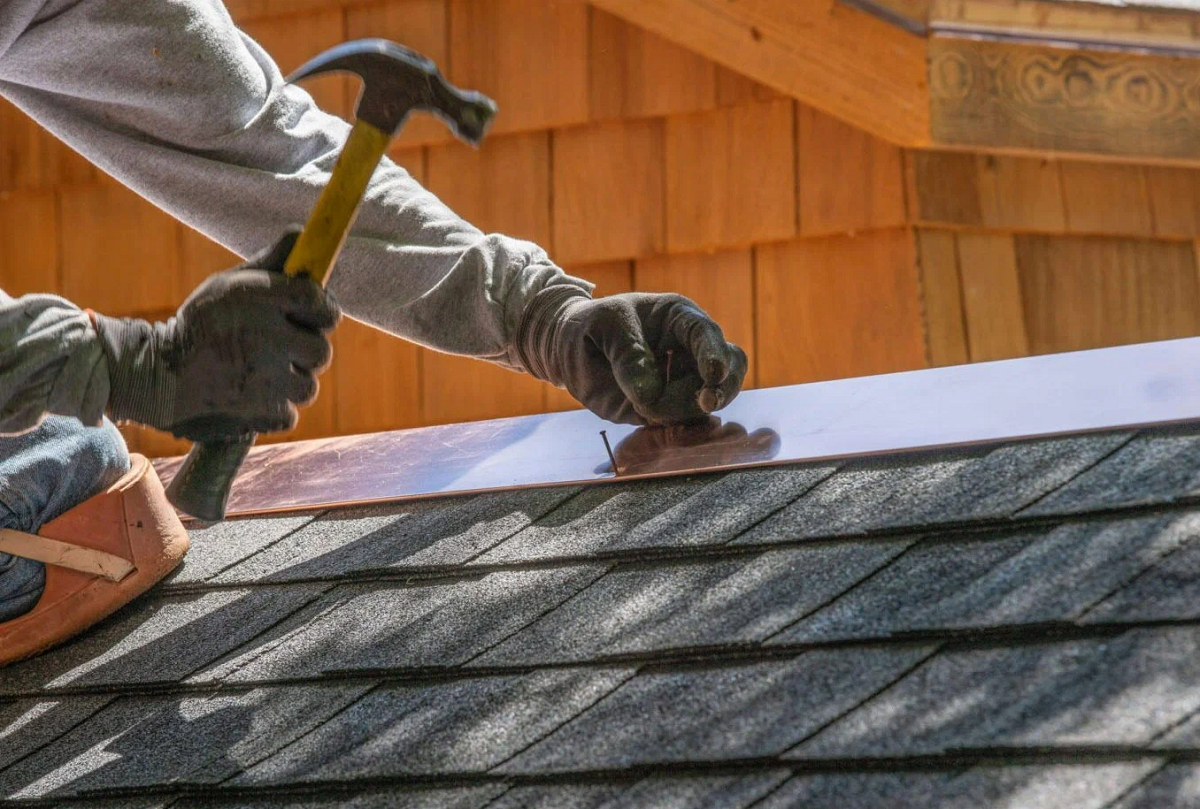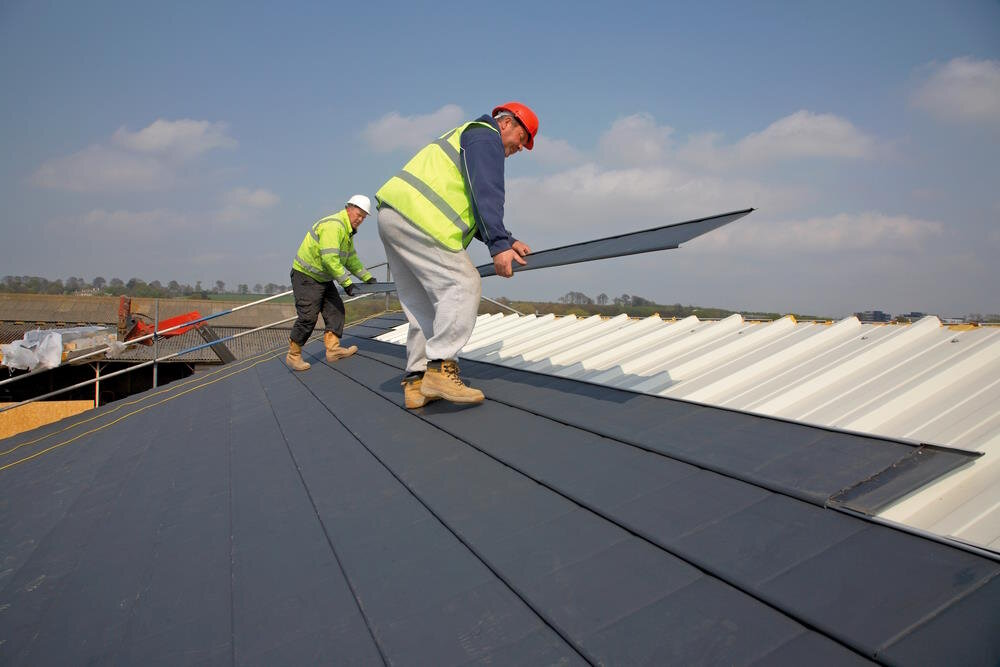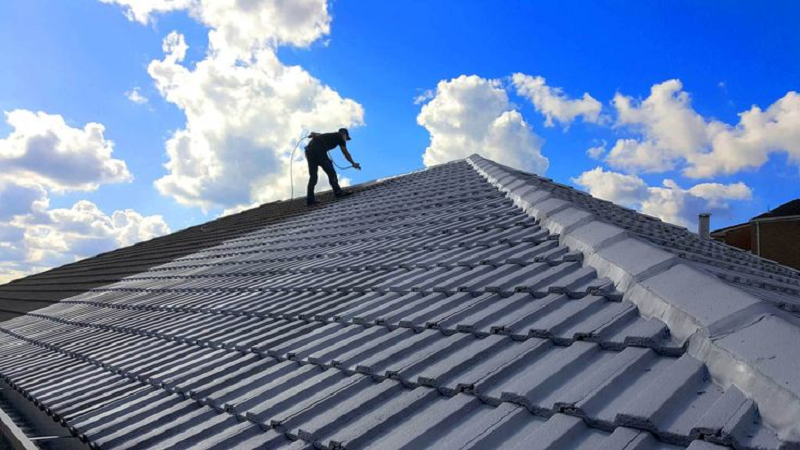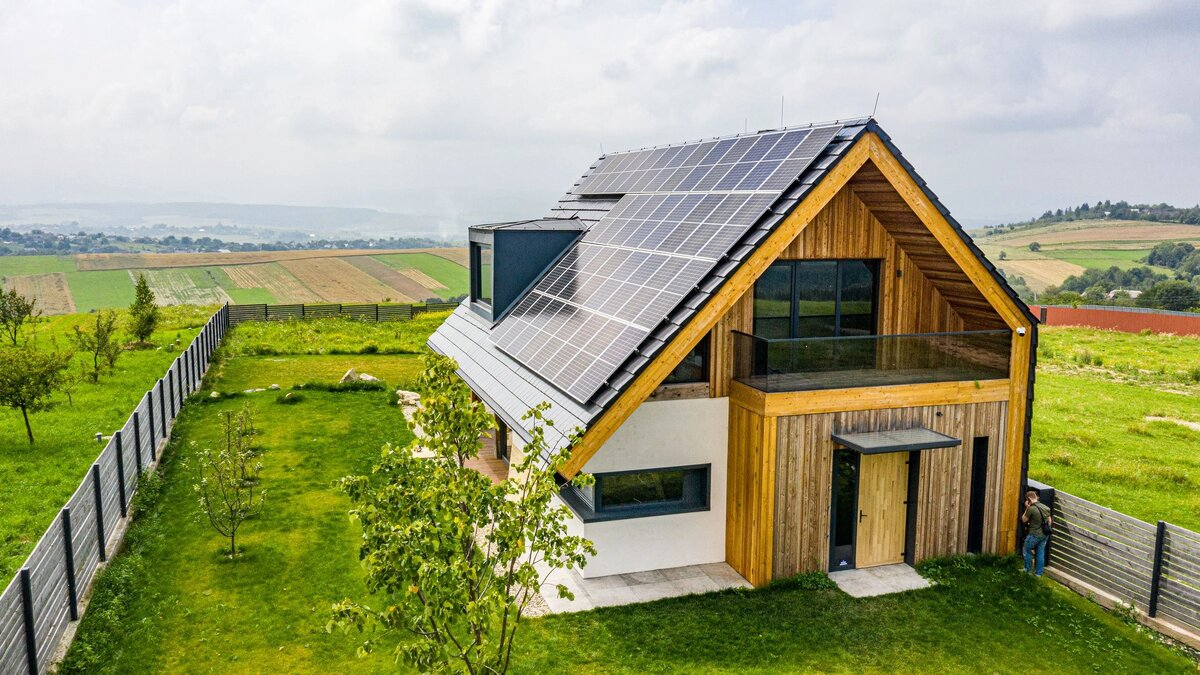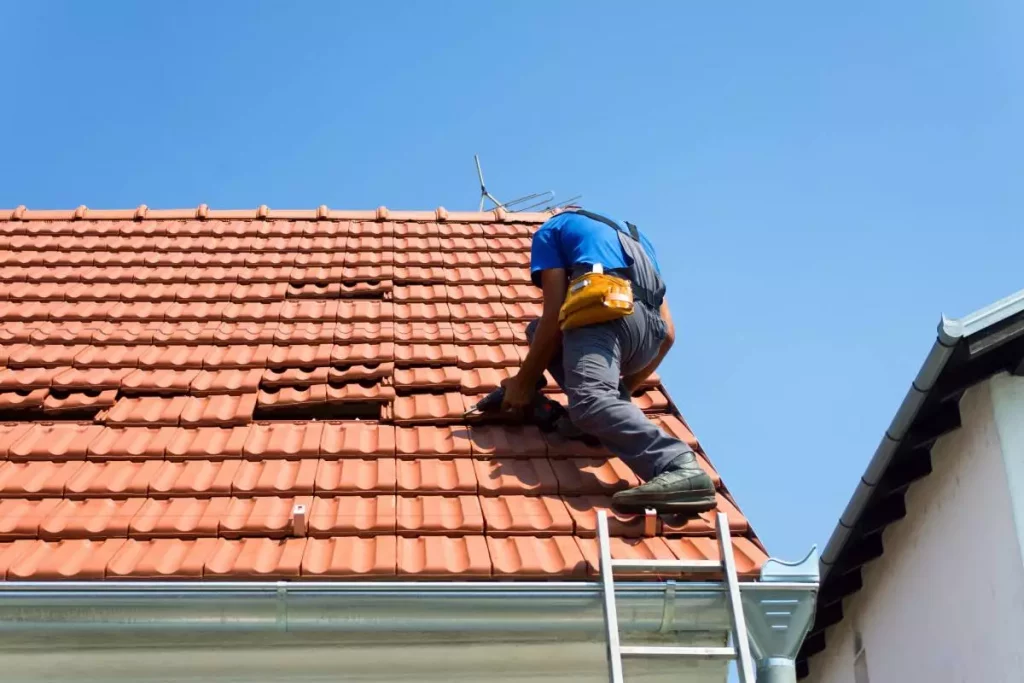Roofing Ethics: Doing Right By Your Avalon Community
In the bustling community of Avalon, where picturesque landscapes meet thriving neighborhoods, the significance of ethical practices in every aspect of life cannot be overstated. As we navigate the intricate web of societal responsibilities, one often overlooked but essential element is the roofing that shelters our homes and shapes the visual identity of our community.
This blog delves into the heart of roofing ethics and its profound impact on the Avalon community – "Roofing Ethics: Doing Right by Your Avalon Community." In the quest for durable and aesthetically pleasing roofs, it becomes imperative to embrace ethical considerations that extend beyond the contractor's toolkit. These considerations not only influence property values and safety but also contribute to the overall well-being of the community.
From the use of high-quality materials to transparent pricing and fair business practices, ethical roofing encompasses a spectrum of principles aimed at creating a sustainable and harmonious living environment. As we explore the various dimensions of roofing ethics, we'll unveil the role of effective communication, community engagement, and the environmental footprint of roofing projects.
Join us on this journey to unravel the ethical intricacies of the roofing industry in Avalon, celebrating exemplary practices, addressing challenges, and championing a commitment to integrity that goes beyond mere construction – it's about building a foundation of trust and responsibility within our cherished community.
The Role Of Roofing In Community Development
The role of roofing in community development extends far beyond providing shelter; it plays a crucial role in shaping the overall well-being and aesthetics of a community. Well-maintained roofs contribute significantly to the property values within a neighborhood. When roofs are in good condition, it not only enhances the curb appeal of homes but also ensures the longevity and structural integrity of the buildings. This, in turn, fosters a sense of pride and community cohesion.
Aesthetically pleasing and properly maintained roofs contribute to the overall visual harmony of a neighborhood. They create a positive impression on residents and visitors alike, fostering a sense of community identity. On the contrary, neglected or deteriorating roofs can have the opposite effect, diminishing the overall appeal of the area and potentially impacting property values.
Moreover, the safety and security of a community are closely tied to the condition of its roofs. Ethical roofing practices, such as using high-quality materials and adhering to safety standards, are essential to ensure that homes provide a secure environment for residents. In the event of adverse weather conditions, well-constructed roofs protect homes from damage, reinforcing the resilience of the community.
In essence, the role of roofing in community development goes beyond the functional aspects of shelter; it encompasses aesthetic, economic, and safety considerations that collectively contribute to the overall health and prosperity of a neighborhood. Roofing professionals, therefore, play a vital role in shaping the character and sustainability of communities like Avalon.
Ethical Considerations In Roofing
Ethical considerations in roofing play a crucial role in ensuring the well-being of both individual clients and the broader community. When engaging in roofing projects, contractors and professionals should adhere to a set of ethical principles that prioritize safety, honesty, and environmental responsibility. Here are key ethical considerations in roofing:
Use of High-Quality Materials:
- Impact on Durability and Longevity: Roofing professionals should prioritize the use of durable and high-quality materials to ensure the longevity and resilience of the roof. This not only meets client expectations but also reduces the need for frequent repairs or replacements, contributing to sustainable practices.
- Environmental Considerations: Ethical roofing involves considering the environmental impact of materials used. Choosing eco-friendly and recyclable materials can minimize the carbon footprint and contribute to sustainability.
Transparent Pricing and Fair Business Practices:
- Avoiding Hidden Fees: Ethical roofers should provide transparent quotes and contracts, avoiding hidden fees or unexpected costs that may surprise the client. Open and honest communication about pricing is essential for building trust.
- Providing Accurate Quotes: Accurate and fair pricing is an ethical responsibility. Roofing professionals should provide detailed and accurate quotes that reflect the true cost of materials, labor, and any additional services.
Adherence to Industry Standards and Regulations:
- Importance of Compliance: Ethical roofing practices involve strict adherence to industry standards, codes, and regulations. Complying with these guidelines not only ensures the safety and quality of the roofing project but also demonstrates a commitment to professionalism.
- Ensuring Safety and Quality: Prioritizing safety is an ethical obligation. Roofers must implement safety measures and quality control processes to prevent accidents, injuries, and subpar workmanship.
Community Impact:
- Minimizing Disruptions: Ethical roofing practices include minimizing disruptions to the community during construction. Contractors should communicate project timelines, noise levels, and potential inconveniences to nearby residents.
- Addressing Concerns Promptly: Ethical roofers should promptly address and resolve any concerns or complaints from the community. Open communication channels and a commitment to resolving issues demonstrate a dedication to community well-being.
Environmental Impact of Roofing:
- Sustainable Roofing Options: Ethical roofing involves exploring and offering sustainable roofing options such as cool roofs, green roofs, or solar roofing. These choices contribute to energy efficiency and environmental conservation.
- Recycling and Waste Reduction: Responsible disposal of old roofing materials and recycling initiatives are ethical considerations that minimize the environmental impact of roofing projects.
By incorporating these ethical considerations into their practices, roofing professionals contribute not only to the longevity and safety of individual projects but also to the overall health and well-being of the communities they serve.
Community Engagement And Communication
A. Building Trust through Effective Communication
1. Regular Updates on Project Progress:
- Importance of providing consistent updates to the community.
- Timely communication about project milestones and any unforeseen challenges.
- Utilizing various communication channels, such as newsletters, community meetings, and digital platforms.
2. Addressing Concerns and Questions:
- Establishing a transparent channel for residents to voice concerns or ask questions.
- Responsive communication to address queries promptly.
- Hosting community forums or Q&A sessions to foster open dialogue.
B. Involving the Community in Decision-Making
1. Seeking Input on Roofing Projects:
- Soliciting feedback on the choice of roofing materials and design considerations.
- Engaging community members in decisions that directly impact the neighborhood's visual aesthetics.
- Conducting surveys or town hall meetings to gather opinions on roofing preferences.
2. Community Feedback Mechanisms:
- Implementing structured feedback mechanisms to continuously assess community satisfaction.
- Establishing a dedicated communication channel for ongoing feedback.
- Creating a community advisory board for roofing projects, ensuring a direct line between residents and roofing professionals.
C. Showcasing Transparency in Pricing and Budgeting
1. Avoiding Hidden Fees:
- Clear breakdown of costs, including labor, materials, and any additional charges.
- Transparent communication about potential extra costs that may arise during the project.
- Providing written estimates and contracts that detail all financial aspects of the roofing project.
2. Providing Accurate Quotes:
- Conducting thorough assessments to provide accurate and fair project quotes.
- Explaining the factors that contribute to the overall cost of the roofing project.
- Offering detailed explanations for any changes in the initial estimate.
D. Leveraging Digital Platforms for Communication
1. Online Project Portals:
- Creating online platforms where residents can access real-time updates on roofing projects.
- Utilizing social media and community forums to share visual progress and announcements.
- Encouraging two-way communication through comments, direct messages, or dedicated community chat groups.
2. Interactive Webinars and Workshops:
- Hosting virtual events to educate the community about roofing practices and materials.
- Providing opportunities for residents to interact with roofing professionals.
- Using webinars to address common concerns and misconceptions about roofing projects.
By prioritizing effective communication and community engagement, roofing professionals can build trust, gather valuable insights, and ensure that their projects align with the needs and preferences of the Avalon community.
Ethical Challenges In the Roofing Industry
Ethical challenges in the roofing industry can arise from various aspects of business and project management. Addressing these challenges is crucial for maintaining a positive reputation and contributing to the overall well-being of the community. Here are some ethical challenges commonly faced in the roofing industry:
Quality of Workmanship:
- Challenge: Cutting corners to reduce costs or increase profits may lead to subpar workmanship.
- Ethical Approach: Prioritize delivering high-quality work to ensure the safety and longevity of roofing projects.
Transparent Pricing and Billing:
- Challenge: Hidden fees, inaccurate quotes, or misleading billing practices can erode trust.
- Ethical Approach: Provide transparent and honest pricing, detailing all costs involved and avoiding any deceptive billing practices.
Environmental Impact:
- Challenge: Disposing of old roofing materials irresponsibly can harm the environment.
- Ethical Approach: Implement sustainable practices, such as recycling materials and using environmentally friendly roofing options.
Worker Treatment and Safety:
- Challenge: Exploitative labor practices, lack of safety protocols, or inadequate training for workers.
- Ethical Approach: Prioritize the well-being of workers by providing fair wages, ensuring safety measures, and offering proper training.
Adherence to Regulations:
- Challenge: Ignoring building codes or industry regulations to cut costs.
- Ethical Approach: Stay informed about and comply with all relevant regulations, ensuring that projects meet required standards.
Community Disruption:
- Challenge: Inadequate communication with the community during roofing projects can lead to disruptions and dissatisfaction.
- Ethical Approach: Engage with the community, provide clear communication, and involve residents in decision-making processes to minimize disturbances.
Honest Marketing and Advertising:
- Challenge: Making exaggerated claims or false promises in marketing materials.
- Ethical Approach: Present accurate information in marketing and advertising materials, avoiding any form of deception.
Conflict of Interest:
- Challenge: Accepting incentives or commissions for recommending specific roofing materials or services without considering the best interest of the client.
- Ethical Approach: Prioritize the client's needs and choose materials and services based on their suitability rather than personal gain.
Neglecting Maintenance and Repairs:
- Challenge: Failing to emphasize the importance of routine maintenance or neglecting necessary repairs.
- Ethical Approach: Educate clients on the importance of regular maintenance and repairs to ensure the longevity of roofing systems.
Fair Competition:
- Challenge: Unfair business practices, such as price fixing or spreading false information about competitors.
- Ethical Approach: Engage in fair competition, respecting competitors and competing based on the quality of services provided.
Addressing these ethical challenges is essential for building a trustworthy and sustainable roofing business that contributes positively to the Avalon community.
In conclusion, upholding ethical standards in the roofing industry is not just a matter of professional responsibility; it's a commitment to the well-being and prosperity of the Avalon community. As we navigate the challenges of the roofing business, prioritizing quality workmanship, transparent pricing, environmental sustainability, and community engagement becomes paramount. By showcasing ethical practices, fostering open communication, and embracing environmentally conscious choices, roofing professionals can contribute to the overall health and aesthetics of Avalon. As stewards of both property and community, roofing experts play a vital role in ensuring that every project aligns with the highest ethical standards, fostering trust, longevity, and a resilient community spirit under the protective canopy of responsible roofing practices.
